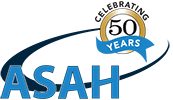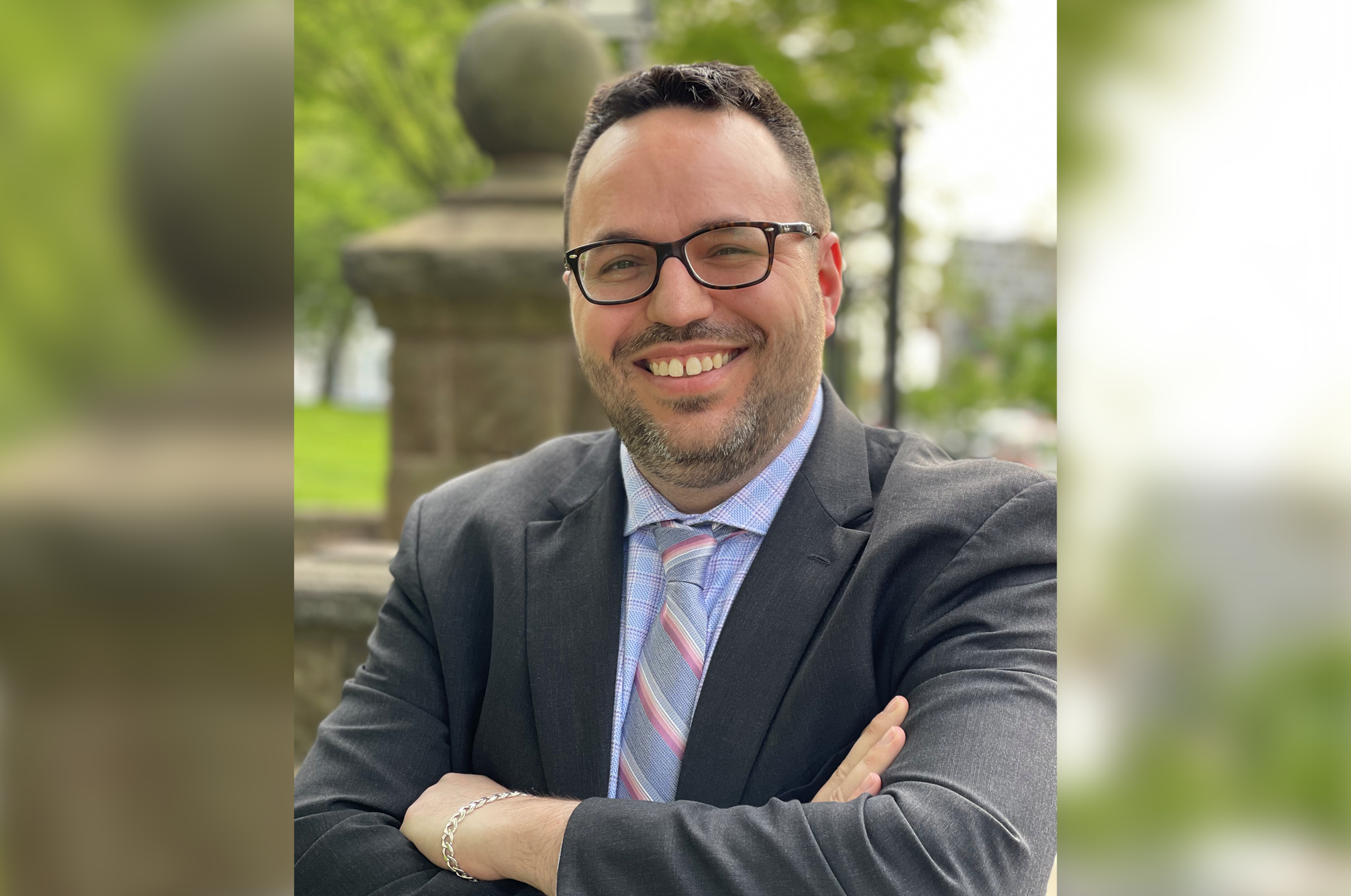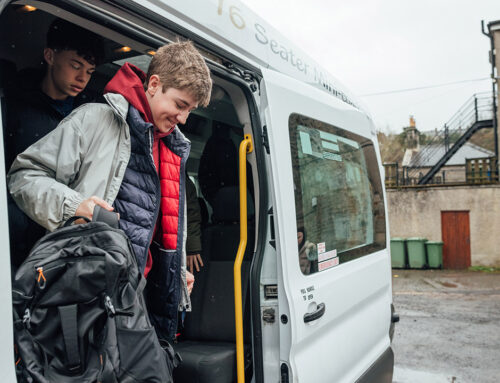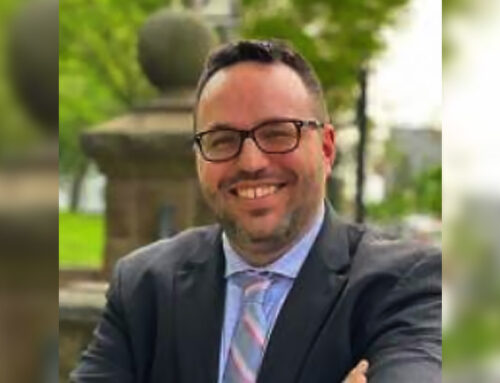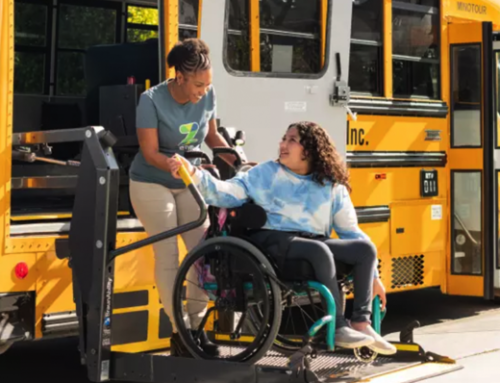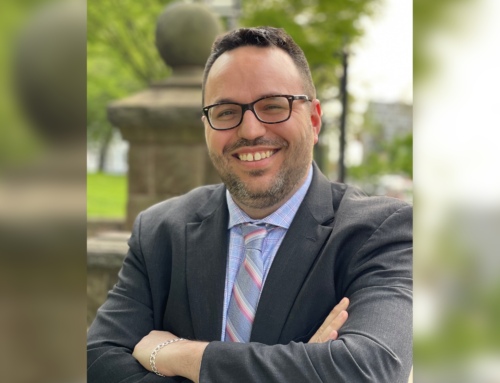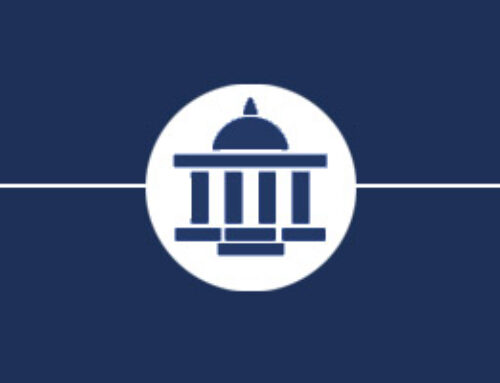Over-Regulation Is Strangling New Jersey’s Safety Net for Serving Most Complex Special Education Students
Just as federal pandemic money is coming to an end, the pressure on teachers and local public schools has never been greater. At the same time, bureaucrats in Trenton are systematically making it harder for experienced state-approved specialized schools to serve children with complex disabilities, medical conditions, and severe mental health and behavioral challenges.
ASAH schools are an important part of New Jersey’s special education system, and a vital safety net for local school districts. Through the IEP process, Child Study Teams refer about 10,000 disabled students each year to state-approved specialized schools (APSSDs) after determining that the child’s needs are greater than what they can provide locally. These referrals are now coming at an unprecedented rate. Many of our schools are full – not because they do not have classrooms, but because they cannot hire enough qualified teachers and therapists.
Over-regulation is strangling our schools’ ability to offer necessary and expert behavioral services and therapies. Antiquated salary caps and restrictive rules have made it harder to hire, train, and retain qualified, credentialed staff. Even hourly rates for outside vendors, and contracted service providers like physicians, psychiatrists, psychologists, and behavior specialists are capped at impossibly low levels.
For years, ASAH has been sharing its concerns with the DOE. In recent meetings, DOE officials seemed sympathetic, and promised that the revised regulations would have modest changes, some of which might be beneficial. Instead, without warning, the Department proposed a new set of regulations — 72 pages, with more than 200 changes — which are now before the State Board of Education. They reflect a gross lack of understanding of best practice and the level of expertise needed to provide effective special education services. There is even a proposed rule to limit spending on behavior modification for students with autism and other behavioral disabilities. That amount is capped at eleven cents a day.
Our children are worth more than that.
We need leaders in Trenton to do more for our most vulnerable children, and to allow local school districts to easily partner with the private schools they have come to trust.
If these rules are adopted, some schools WILL close. We are not crying wolf. In fact, since 2009-2010 school year, the number of state-approved specialized schools in New Jersey has fallen by nearly 22%. Where will all those children go? What will happen to local classrooms?
With each referral to an ASAH school, districts are asking for help. We are here, with the skills, the staff, and expertise. Leaders at ASAH schools want to remain in partnership with our colleagues in local districts, helping them to serve the most difficult, complex students.
Now, all we need is for Trenton bureaucrats to let districts make the choices, and let us do our job.
Best Regards,
John J. Mulholland, Jr., Esq.
Executive Director
